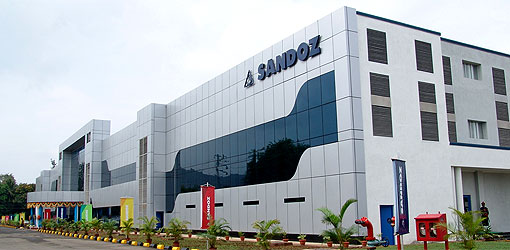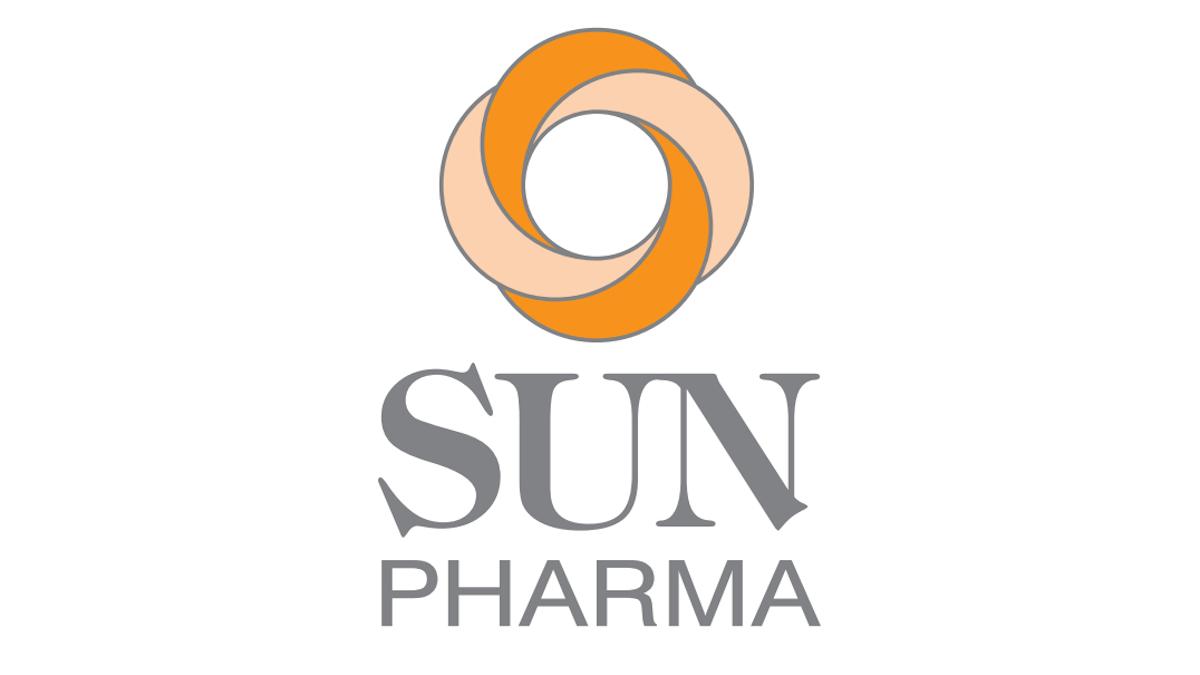Sandoz weighs into European rituximab biosimilar market

Sandoz has gained European approval for its biosimilar version of Roche's blockbuster MabThera/Rituxan (rituximab) to be called Rixathon.
The approval comes hot on the heels of Celltrion’s Truxima, which was the first biosimilar version of the drug to gain EU clearance in February this year.
Roche’s MabThera/Rituxan global revenues for 2016 were 7.3 billion swiss francs ($7.51bn), with 1.87bn coming from Europe.
Celltrion and now Sandoz’s products are expected to eat into this figure rapidly, as the arrival of more biosimilar competitors drive down the price.
Sandoz’s Rixathon has gained approval for the full range of MabThera’s indications across oncology - non-Hodgkin's lymphoma (follicular lymphoma and diffuse large B-cell lymphoma), chronic lymphocytic leukemia - as well as the immunological diseases such as rheumatoid arthritis, granulomatosis with polyangiitis, and microscopic polyangiitis.
Celltrion cited academic forecasts earlier this year which estimated that biosimilar rituximab could save 570 million euros from budgets across the 28 member states over the next three years.
This assumes a 30% discount from MabThera’s price and market share of 30% in the first year, 40% in the second year and 50% in the third year.
For Sandoz, Rixathon will be one of the five major launches by 2020, this includes biosimilars of Pfizer’s Enbrel (etanercept) Amgen’s Neulasta (pegfilgrastim) and Epogen (epoetin alfa), Janssen’s Remicade (infliximab) and AbbVie’s top-seller Humira (adalimumab).
As it is a division of the Novartis Group, Sandoz says it is well positioned to lead in the biosimilars field. The company hopes to be able to offer healthcare payers opportunities to cut costs via its biosimilar products, and also thereby opening up ‘headroom’ for adoption of new innovative drugs.
However in Europe, this is often not the case, with savings from biosimilars being diverted to cover non-drug healthcare costs.
MabThera is the world’s first cancer drug to fall to biosimilar competition, but many more are to follow, including another Roche drug, Herceptin (trastuzumab).
Roche will struggle to maintain its revenues underneath this biosimilar onslaught, but is on track to extend MabThera/Rituximab's patent life, having recently gained a new FDA breakthrough therapy designation in a rare skin condition.











